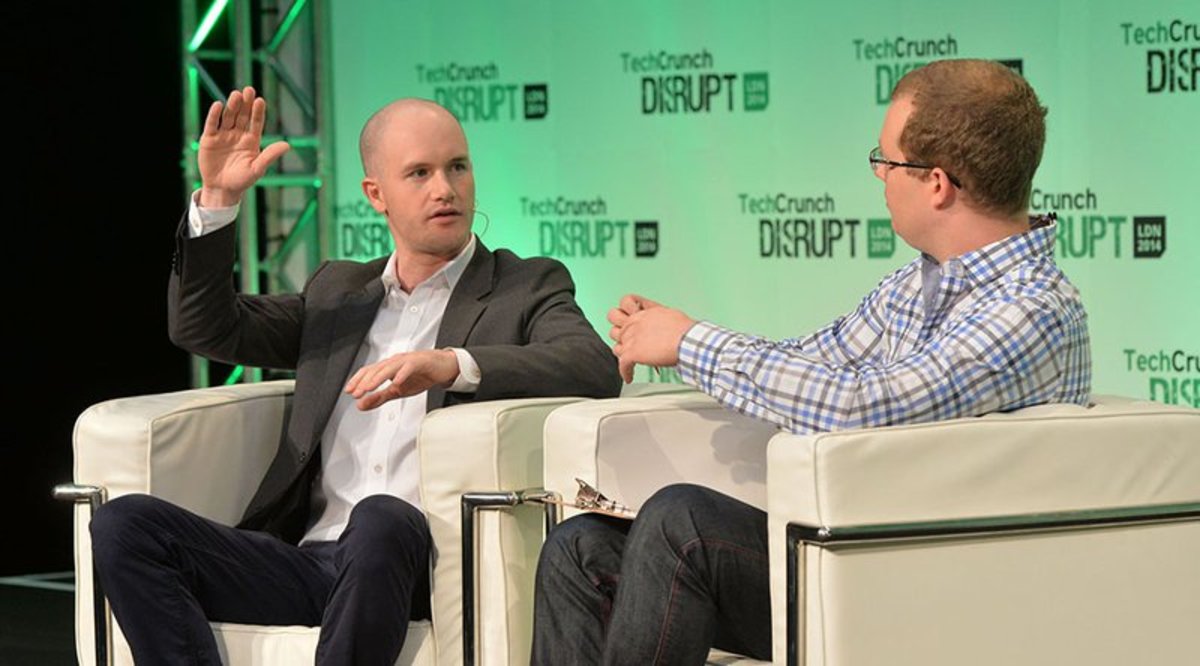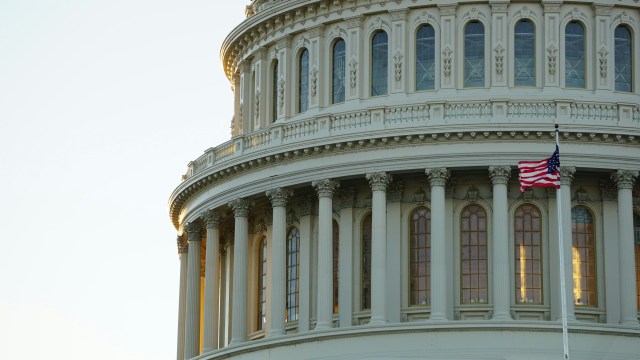
Brian Armstrong, CEO of record-funded Bitcoin wallet service and exchange Coinbase, plans a code update to allow for bigger blocks in the second week of December, and has indicated he prefers BIP (Bitcoin Improvement Proposal) 101. This makes Coinbase the latest Bitcoin industry heavyweight to endorse the proposal as adopted by alternative Bitcoin implementation Bitcoin XT, although the company is still open to other solutions.
Armstrong recently sent out a seriesoftweets in support of a block-size increase, in which he stated the intention to upgrade his company's code by December. It was not clear, however, whether these tweets indicated support for BIP 101, the block-increase proposal that is programmed to increase the maximum block size eightfold to 8MB, doubling each other year until it reaches 8GB. While BIP 101 is endorsed by several leading companies in the Bitcoin space, other proposals have gathered significantsupport, too.
Speaking to Bitcoin Magazine, Armstrong confirmed that Coinbase plans to upgrade its code to allow for bigger blocks in December of this year, and while the preferred solution is not set in stone, Coinbase currently favors BIP 101.
“We are open to evaluating all proposals which increase the block size. But we do plan to upgrade around the second week of December, so this will require working solutions in code by then. The only one I'm aware of which currently has working code is BIP 101,” Armstrong said.
Moreover, Armstrong indicated that he'd like the Bitcoin industry to switch to Bitcoin XT, the alternative Bitcoin implementation run by Mike Hearn and Gavin Andresen that implemented BIP 101 in August of this year.
“In my view, Bitcoin XT is the best option I've seen so far. Not just because it has working code, but also because it has a simple implementation that is easy to understand, the block-size increases seem about right to me, and I have confidence in the people behind the project. My preference at this point would be to have Gavin step up as the final decision-maker on Bitcoin XT, and have the industry move to that solution with help from Mike Hearn, Jeff Garzik and others that wish to do so.”
The CEO believes an upgrade is urgently needed in order for the Bitcoin network to handle a sudden increase of Bitcoin usage. As such, Armstrong emphasized that Coinbase will not wait for consensus to form among the Bitcoin development community.
“We will upgrade regardless of whether Bitcoin Core is updated,” Armstrong said. “Capacity planning is something you should try to get ahead of. Growth can be unpredictable, and I want to remove all blockers to Bitcoin's success. I've been disappointed to see how slow Bitcoin Core has moved on this issue, and we're open to switching forks.”
In an open letter published in September, a selection of prominent Bitcoin developers urged the Bitcoin community to take the time to evaluate proposals that have been put forward and agree on the best solutions via the consensus-building process. In particular, many of these developers argue that a switch to bigger blocks represents a big, perhaps even existential security risk.
Armstrong told Bitcoin Magazine that he is aware of the potential risks of increasing the block-size limit, but said he believes these are being overstated.
“When people offer opinions on things like this, it's important to consider their qualifications. In my case, I've implemented a Bitcoin node from scratch. I created the first version of the one Coinbase uses in production today, and I've helped us scale this bitcoin node from 0 to 2.7 million customers. So I've learned quite a lot about scaling a Bitcoin node during that time.” Armstrong explained. “It is a difficult judgment call, but I believe it is low enough risk, and the upside is considerable enough to make it worth it.”
Other leading Bitcoin companies published an open letter in August in which they vowed to upgrade their code to increase the maximum block size. The letter expressed support for BIP 101, although three of itssigners have since indicated that alternative block increase proposals will be considered as well.
Photo TechCrunch / Flickr (CC)










